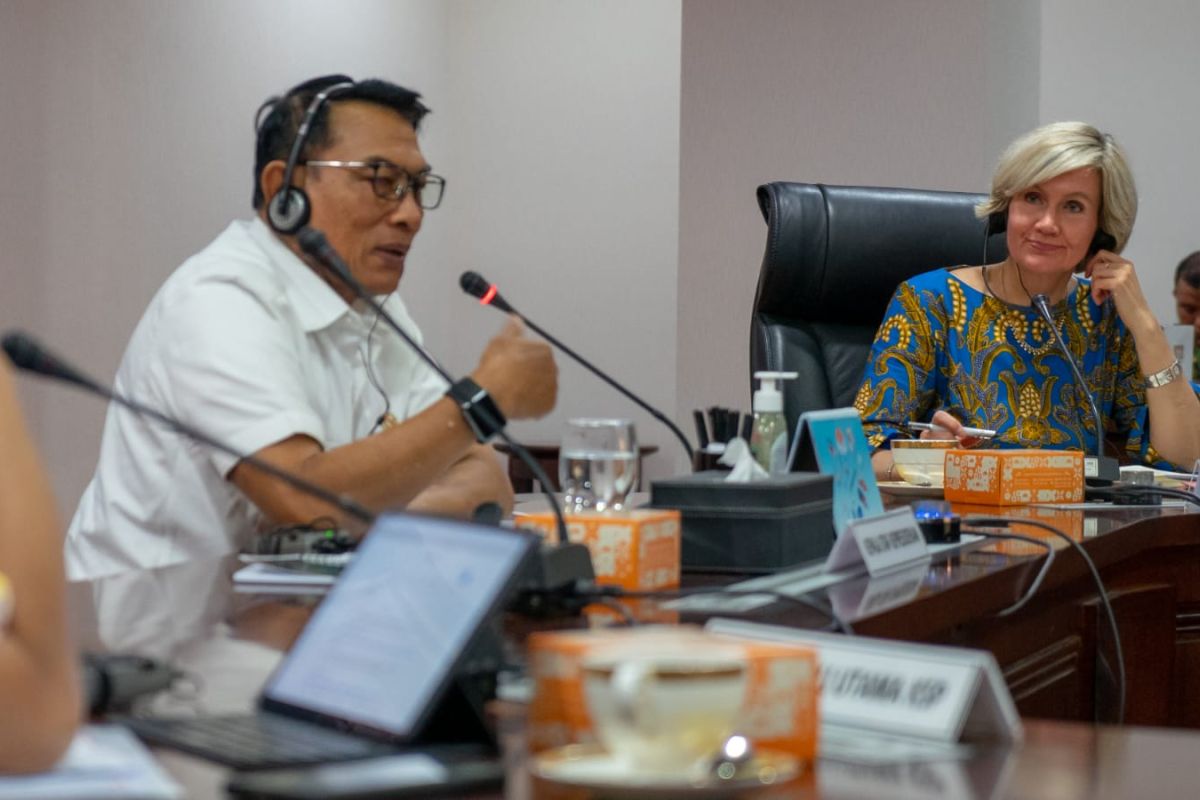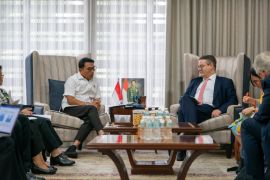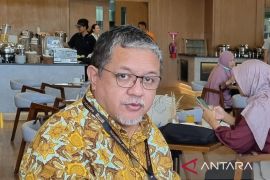"Regarding the relation between economic growth and reducing emissions, I am optimistic that Indonesia will lead in this sector. The government pays great attention and commitment to the energy transition. This is not just a promise," he noted in a press statement received here, Wednesday.
Moeldoko made this statement following the World Bank's appreciation for the Indonesian government's commitment and consistent efforts in transforming towards a green and sustainable economy.
He said that during Indonesia's presidency at the G20 in 2022, the green economy and energy transition were the main topics of discussion in important meetings.
In addition, several government policies were considered effective in reducing the rate of deforestation, including the implementation of Presidential Instruction Number 8 of 2018 concerning the Postponement and Evaluation of Palm Oil Plantation Permits.
Moreover, the government is preparing to build a 30 thousand-hectare green industrial area in North Kalimantan Province, he remarked.
Related news: Indonesia prepares to enter the carbon market
On Tuesday (May 16), Moeldoko received a visit from Head of the World Bank Representative Office for Indonesia and Timor-Leste, Satu Kahkonen, at the Bina Graha Building, Jakarta.
On that occasion, Kahkonen lauded Indonesia's consistent commitment and efforts in transforming towards a green and sustainable economy.
"Indonesia's economic growth does have an impact on the production of carbon emissions, similar to other developing countries. However, the rate of carbon emissions production in Indonesia is not as high as the growth in the per capita income," Kahkonen remarked.
According to the results of World Bank research as outlined in Indonesia's Country Climate and Development Report (CCDR), Indonesia's economic growth rate has consistently increased, with a downward trend in the carbon emission rate.
Moeldoko said the Indonesian government's policies related to land restoration, deforestation prevention, improving land mapping, and establishing special institutions to manage land are considered to have a real impact on reducing carbon emissions.
Related news: Just, affordable principle important in energy transition: Minister
Related news: Central Java, Norway explore energy transition cooperation
Translator: Rangga Pandu A J, Resinta S
Editor: Yuni Arisandy Sinaga
Copyright © ANTARA 2023












